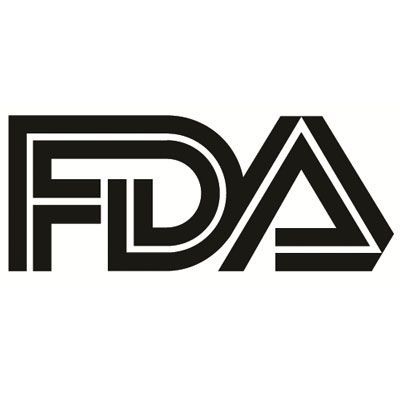Article
FDA Approves Alirocumab (Praluent) as Add-On for Homozygous Familial Hypercholesterolemia
Author(s):
Announced in a statement by the FDA on April 1, the PCKS9 inhibitor alirocumab is now indicated as an add-on therapy for the treatment of homozygous familial hypercholesterolemia.

The US Food and Drug Administration has announced the approval of alirocumab (Praluent) injection as an add-on therapy for the treatment of adult patients with homozygous familial hypercholesterolemia (HoFH).
A PCSK9 inhibitor with previous approvals dating back to 2015, the latest approval for HoFH is based on the efficacy and safety profile from the phase 3 ODYSSEY HoFH trial, which was a 12-week, double-blind trial that suggested alirocumab patients experienced a 36% reduction in LDL-C.
A rare, life-threatening condition that occurs in approximately 1 in 250,000 individuals, HoFH is regarded as one of, if not, the most difficult cholesterol disorders to manage. The latest approval, which the FDA announced in a statement on April 1, was granted to Regeneron Pharmaceuticals.
Originally presented at the American College of Cardiology 2020 meeting, ODYSSEY-HoFH enrolled 69 patients and randomized them in a 2:1 ratio to 150 mg alirocumab or placebo every 2 weeks for 12 weeks. Inclusion criteria for the phase 3 trial included having a diagnosis of HoFH, receiving a stable dose of statin therapy, and have an LDL-C of 70 mg/dL or greater.
At the conclusion of the 12-week treatment period, patients randomized to alirocumab had an average LDL-C decrease of 27% compared to an LDL-C increase of 9% in the placebo group (P <.0001). While not mentioned in the FDA release, results of the trial also indicated an LDL-C reduction of 30% or more was achieved by 57.1% of patients receiving alirocumab compared to just 4.2% of the placebo arm (P <.0001).
Of note, the full results of ODYSSEY HoFH were published in the Journal of the American Heart Association in July 2020.
The FDA pointed out nasopharyngitis (cold), injection site reactions, and influenza were common side effects of alirocumab use. Additionally, 2.2% of patients receiving alirocumab in the ODYSSEY HoFH experienced a general allergic reaction.
In addition to this approval, alirocumab is also approved to reduce the risk of attack, stroke, and unstable angina requiring hospitalization in adults with cardiovascular disease as well as for use as a monotherapy in the treatment of primary hyperlipidemia.
This article will be updated when a statement from Regeneron Pharmaceuticals is made available.




